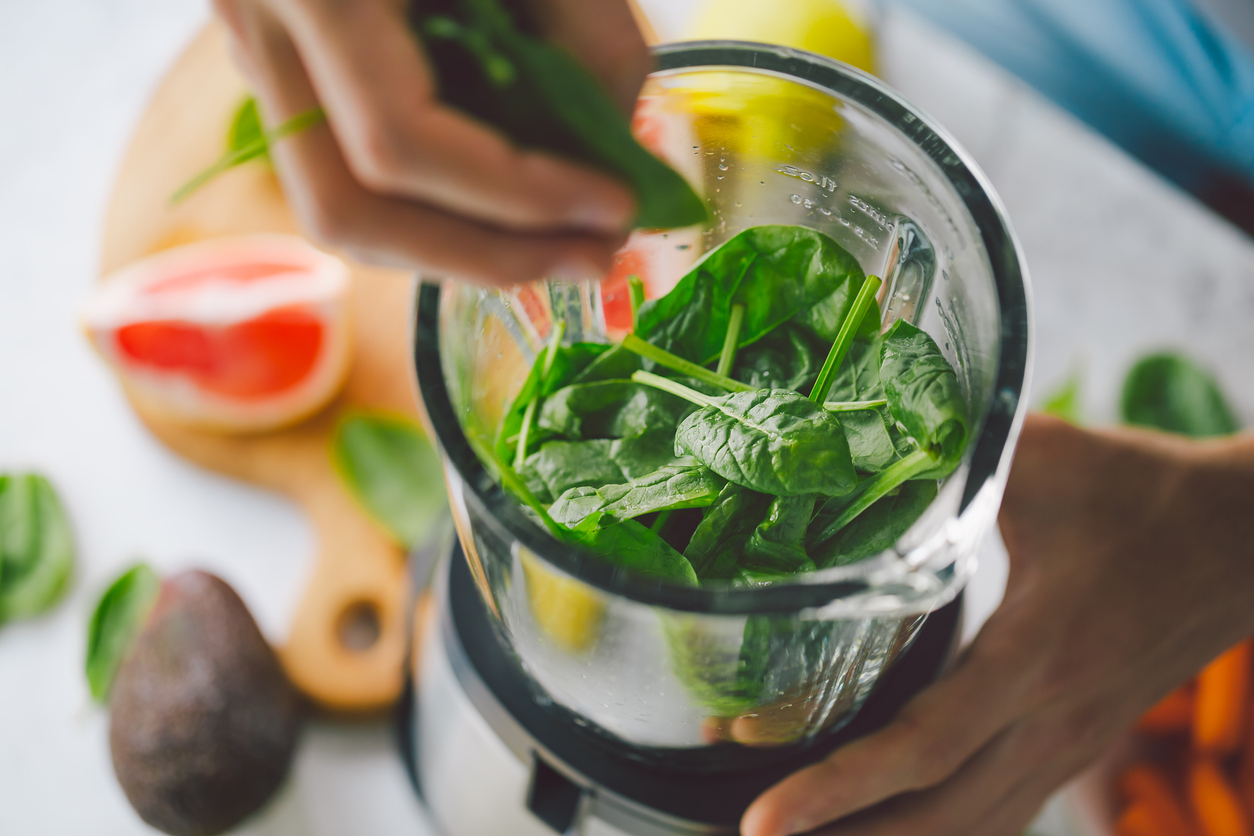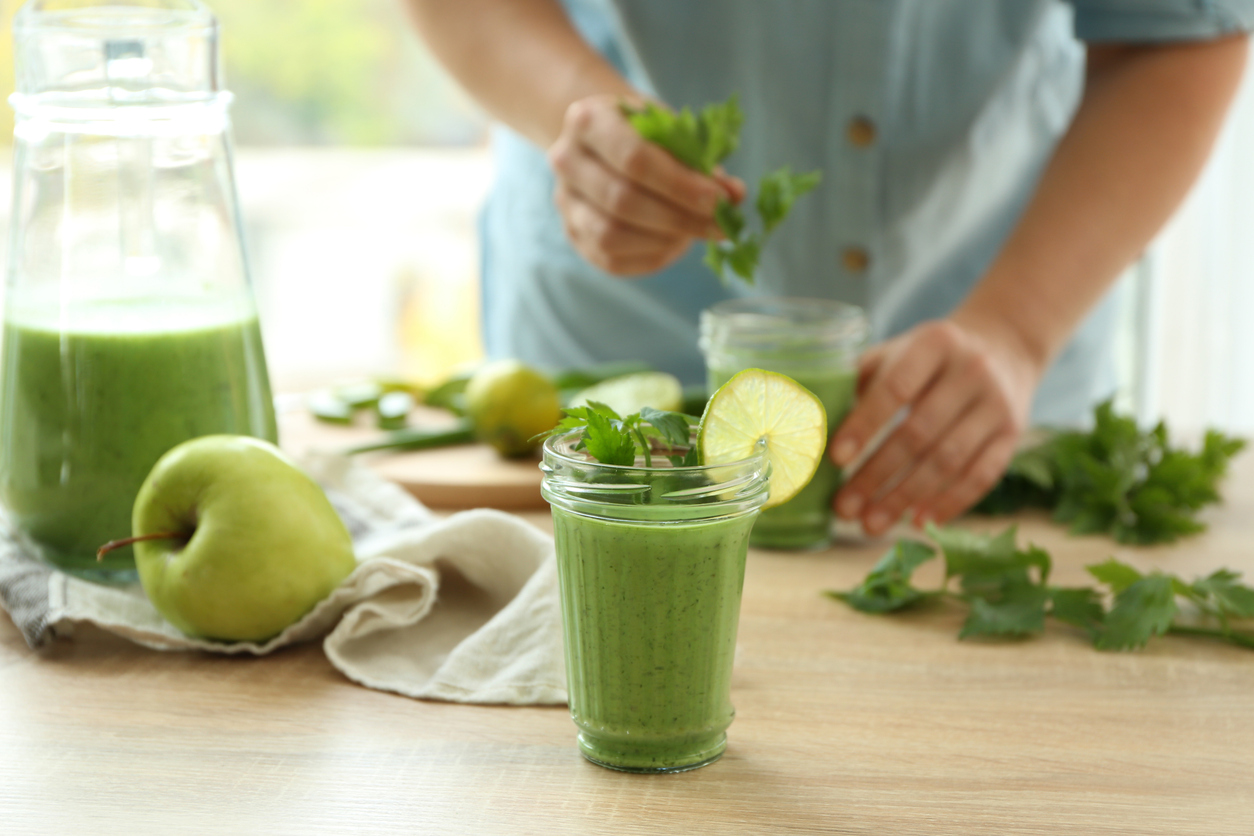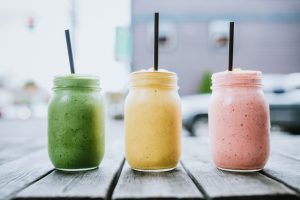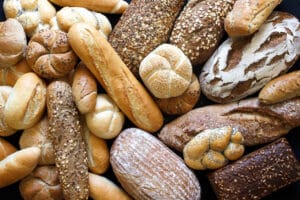Cleansing and detox diets for weight loss are getting a lot of attention right now. Proponents of cleansing diets state that they rid the body of unwanted and dangerous toxins. A host of health benefits are attributed to cleanses including improved circulation, increased mental alertness, and reduced inflammation. But how much truth is there in those claims?
The Many Faces of Detox Diets
Cleanses and detox diets have a predictable framework, but there is a lot of room for variation. Do a quick search on the internet for cleanse recipes and you will get dozens of results, each of them a little bit different.
A key component of most cleanses is an initial period of fasting. The fasting period can range from one or two days to ten, depending on which detox diet you are following. The guidelines for what fasting is exactly can vary from program to program as well. Some programs, like the Master Cleanse, recommend a liquid-only diet during the fasting period, while others include modified fasting methods like intermittent fasting or PSMF (protein-sparing modified fasting).
After the fasting period, a person’s diet is usually restricted to “detoxifying” foods. You may see raw vegetables, fruits, and juice on the “allowed” list. In some cases, even proteins and grains can make an appearance.
Want to give intermittent fasting a try? Take a look at Prime Women’s PLATE program. Now available in an app on Apple or Android with reminders to keep you on track.

Many cleansing diets also feature specific ingredients that are purported to help move the toxins through the body. Components that are frequently seen in detoxification diets and cleanses include green tea, apple cider vinegar, and citrus juices. A handful of detoxification diets also include colonic irrigation to help ensure that any toxins in the intestines are flushed out.
But does it help?
In short, many cleansing and detoxification diet studies haven’t been seriously considered. While people who use cleanses often report lost weight and increased energy levels during the cleanse itself, they also tend to rapidly return to their pre-cleanse status.
The National Institute of Health is researching certain types of fasting, including intermittent and periodic fasting, for their ability to prevent disease and slow aging. No firm conclusions are available. It is feasible that they may have an overall positive effect on the body when properly managed. This is especially true when executed with the help of a trusted medical professional.
Are cleaning and detox diets for weight loss harmful to health?
There are a number of ways in which cleanses and detoxification diets can become harmful to your health.
- The cleanse itself can sometimes lead to fluctuations in blood sugar, particularly if the fasting portion of the diet requires high sugar ingredients like fruit juice or maple syrup. These kinds of fluctuations may exacerbate underlying conditions like diabetes, a condition that women over the age of 50 are particularly vulnerable to.
- Some detoxification diets may include grapefruit and lime juices, which may interact dangerously with important prescription medications.
- Many of the cleanses use high-oxalate juices, such as beet and spinach. Consuming large amounts of high-oxalate foods or juices can occasionally damage the kidneys.
- Diets that are low in healthy fats and proteins may suppress your metabolism, making it harder to bounce back.
- Packaged detox products may contain harmful, even illegal ingredients.
- Many juices are untreated and unpasteurized.
The Takeaway
While these diets may not be a silver bullet for improving health and well-being, they are not fully without merit. Many of the components to these techniques, including cutting out sugar, reducing preservatives, and possibly even intermittent fasting, may have a valid place in your dietary regimen. Sit down and have a conversation with a trusted medical professional to make the best dietary changes for you.
Diet fads may come and go, but Ayurveda isn’t going anywhere — this wellness practice originated in India about 5,000 years ago! Learn more about the Ayurvedic diet, how to determine your dosha, and the pros and cons of this ancient meal plan.








